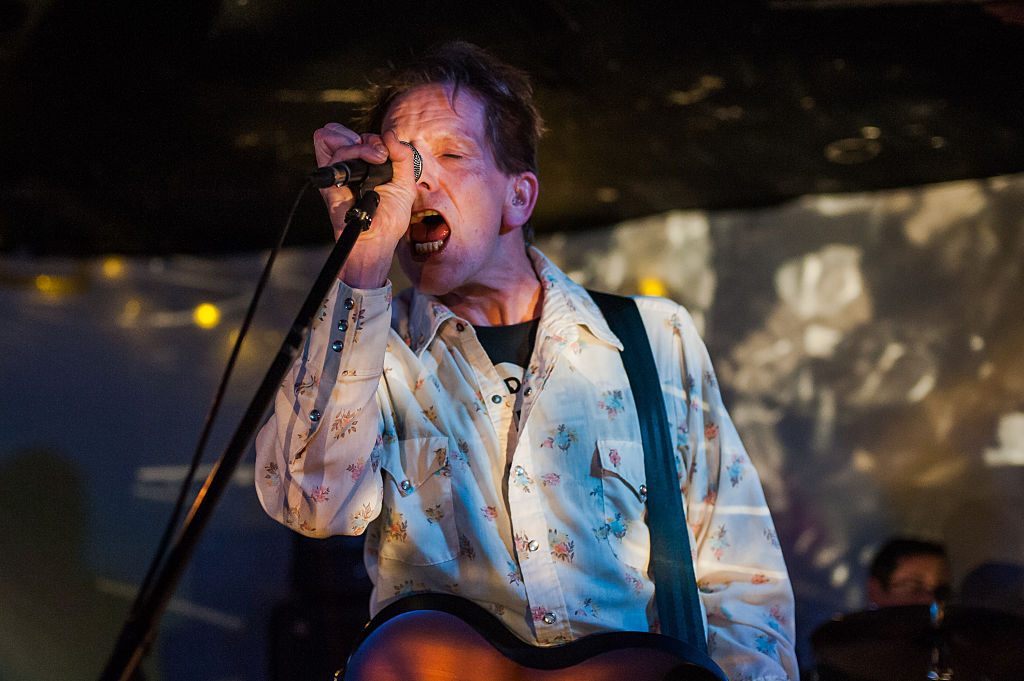Punk rock’s original radical spirit may have been co-opted by the culture industry long ago, but some of its progenitors still have fire in the belly. The most recent album of Canada’s Art Bergmann, Late Stage Empire Dementia, returns punk to its radical roots.
By Ted McCoy, November 14, 2021
What happens to firebrands when they grow old? The first wave of punk rock crested years ago, and some of its luminaries, now long in the tooth, offer a depressing answer to this question. A recent discussion panel about punk, featuring John Lydon, Henry Rollins, and Marky Ramone, descended into chaos as the guests hurled personal attacks at one another. Predictably, much of the rancor stemmed from accusations of having betrayed the movement. The uncomfortable takeaway from this unfortunate episode was that, for famous punks of a certain vintage, aesthetics and status eclipsed politics long ago.
Of course, since day one, punker-than-thou lifestyle politics have been an integral part of the culture. But punk was nothing if not multifarious. Punk’s nebulous political commitments were colored by its nodal geography in a pre-social-media world. Different local scenes fostered a profound diversity in the expression of punk’s baseline anti-establishmentarian raison d’être.
Art Bergmann has been part of the Canadian musical landscape for forty years, but he cut his teeth in the Vancouver punk scene of the late 1970s. His new album, Late Stage Empire Dementia, is energetically political — and yet it avoids many of the clichés of his aging cohort. Bergmann’s new record must be considered in the context of the history of Vancouver punk. The new album demonstrates that aging punks do not have to evoke retreaded Spinal Tap nostalgia.


